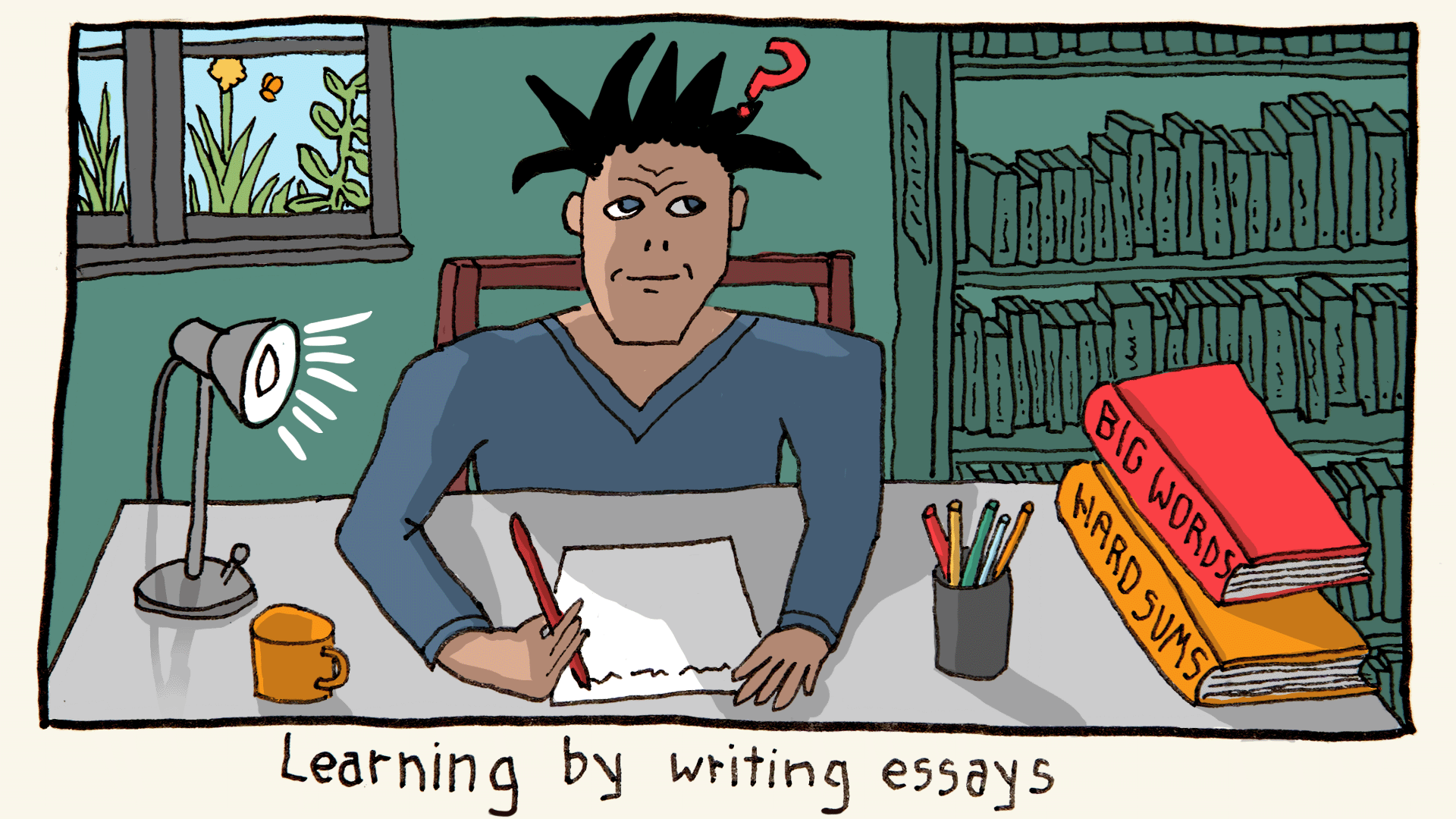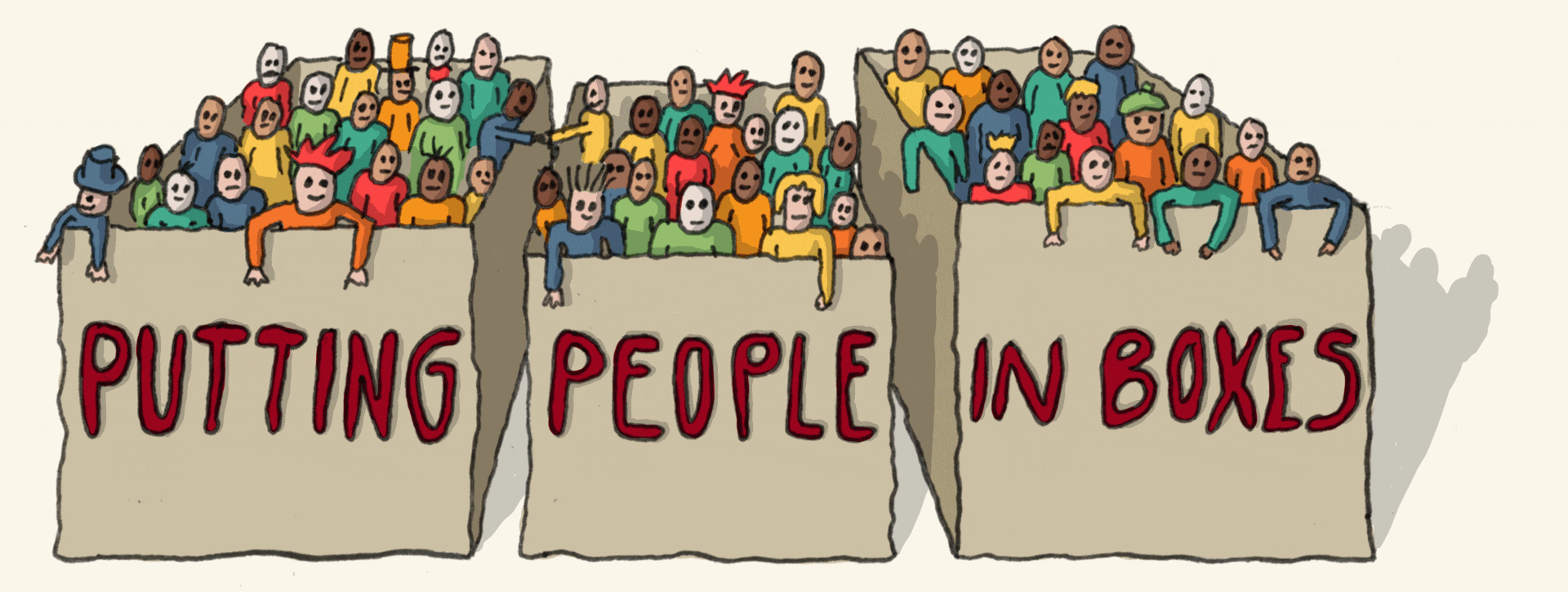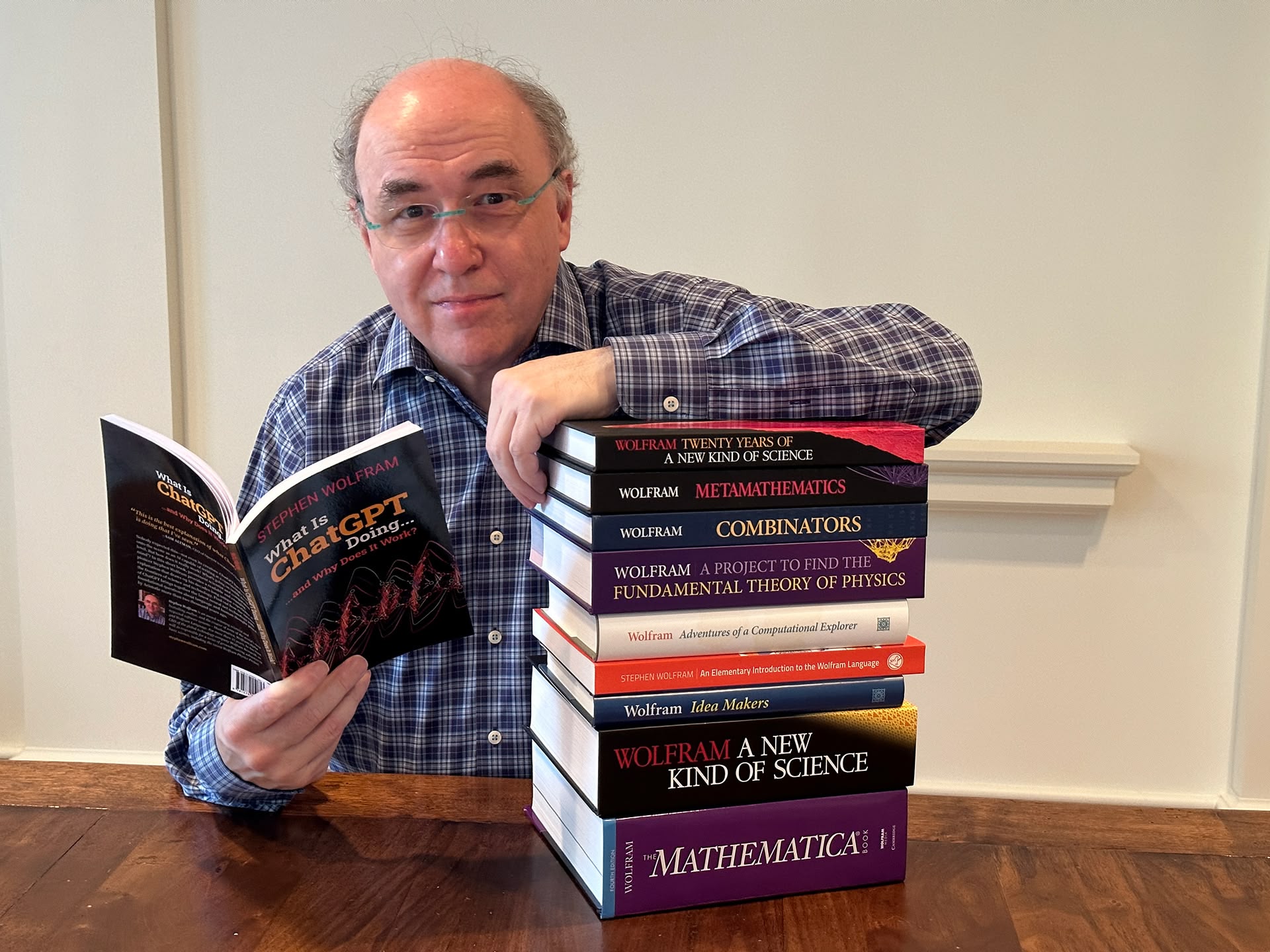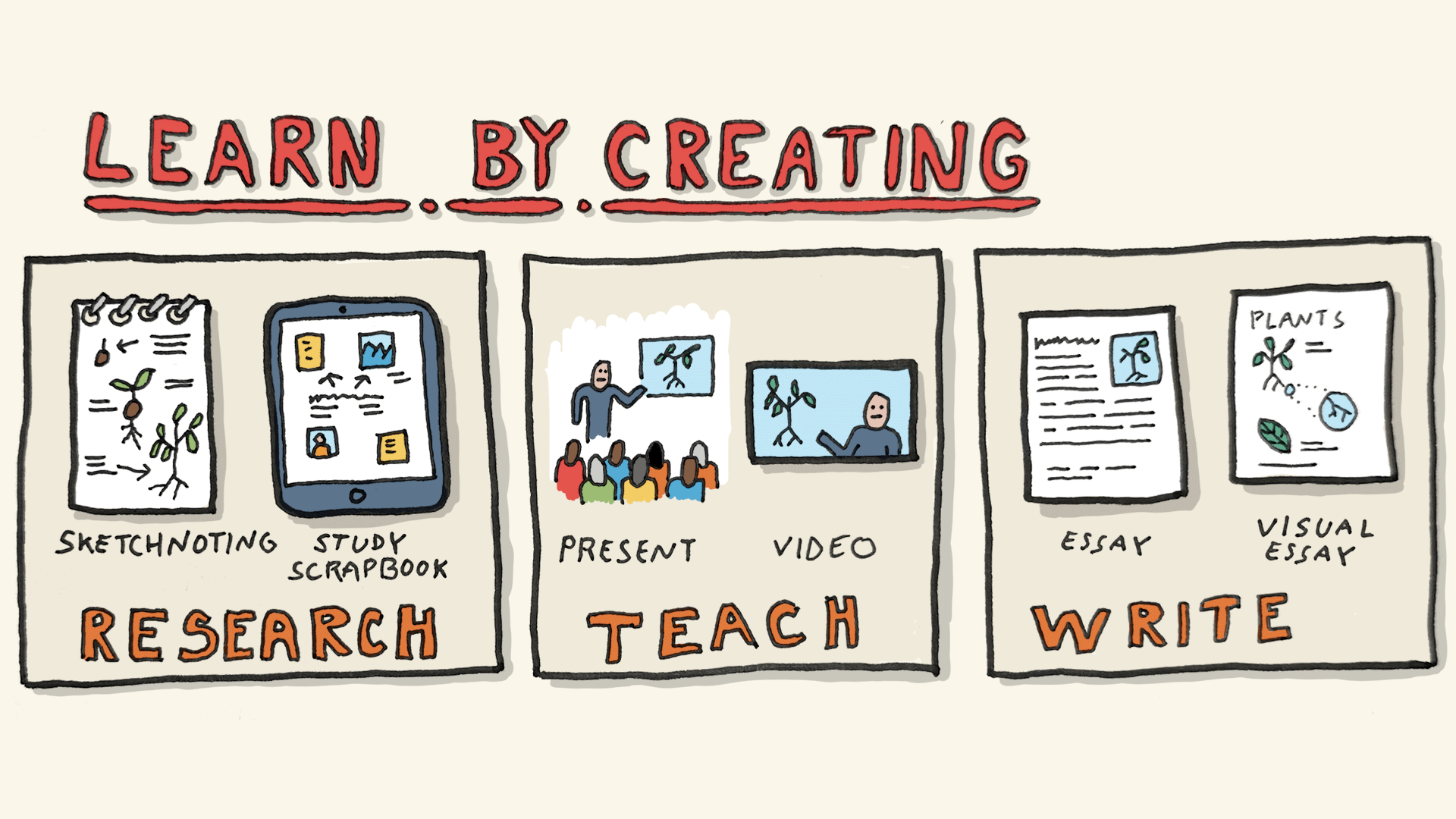Learning by writing essays

If people cannot write well, they cannot think well, and if they cannot think well, others will do their thinking for them.
George Orwell
I spend a lot of time learning and studying things. It’s my main activity — I learn things for work, and I learn things in my own time. So finding the best methods to study and learn is important to me. I’ve found that just reading books, or doing online courses, isn’t the best way to study a new subject. It’s solitary, and not as fun as it could be. Learning is so much better when you involve other people. So for over a decade one of the methods I have used is commonly called The Feynman Technique — learning by teaching. I have run various meetup groups, both work orientated and more general-interest orientated. Currently I only really run one group, called The Discussion Group, which I set up about four years ago during the lockdown period of the Covid pandemic. The focus of the group is deliberately broad, covering science, art, philosophy, literature… In fact there isn’t really a focus, or perhaps the focus is “stuff that is interesting”.
Learning by teaching works really well. I don’t really think of it as “teaching” as such — that would be rather presumptuous of me because often many of the people that come to my meetup sessions have a deeper knowledge of the things I am talking about than I do. It’s not uncommon that when I do a session on, say, Ethics and AI, someone will come along with a Ph.D. in philosophy, or be an Artificial Intelligence professional. So I’m unlikely to be introducing them to issues that they haven’t come across before. But the purpose of my presentations is to give a broad overview of a subject, and present my thoughts about it. Then people can bring in their own knowledge and thoughts on the subject during the discussion. The format works pretty well, and people seem to really enjoy the sessions.
I find using this method I can retain a lot of information about subjects I presented on many years ago, and I am able to talk fluently about subjects that previously I knew little about. However, it’s not perfect, and there are always ways to improve. One of the methods I am currently exploring for studying new subjects is writing essays about them.
About a year and a half ago I started to write essays on things that interest me. I put a lot of effort into making them as good as I can, including illustrations I drew on the train on my morning commute using various methods I developed myself. The drawings actually came out pretty good. Here’s an example of one for an essay I never completed last year, which was intended to be about the controversial subject of IQ and race:

That’s pretty good, right? As a little illustration to make an online essay more entertaining, it does the job. I did three essays using the techniques I developed, and I’m pretty happy with them. These are they:
- We need to talk about your information diet
- AI is coming for your job
- The Moral Machine - Could AI Outshine Us in Ethical Decision-Making?
So why did I stop? And why didn’t I finish the some of them, even after putting a lot of time into them? The problem was I was being too much of a perfectionist. I was creating the essays to be read by others, rather than as learning exercises, and those are two different things. Of course writing essays to be read by others is a good thing to do (and I intend to do more of it), but if I am writing an essay to learn and refine my thinking, then I need a different approach. And that approach is to not worry too much about making the essay as good as possible for a general audience, but just to do it for myself. To “think on paper”. To refine my thoughts. To explore ideas in a systematic way.
Feynman also commented on the technique of thinking on paper:
Notes aren’t a record of my thinking process. They are my thinking process.
Richard Feynman
Speaking of Feynman, he was on the thesis committee for the Ph.D. of a young Stephen Wolfram, and instrumental in getting Wolfram a MacArthur Fellowship (known as a “Genius Grant”). Wolfram (who is a bit of a jerk, but also unarguably brilliant and incredibly productive) was the main inspiration for this essay. He has just had his sixty-fifth birthday, and wrote an essay about the last five years of his life, which he says have been his most productive years.
 Wolfram with some of the books he’s written.
Wolfram with some of the books he’s written.
Wolfram is worth studying partly because of the way he goes about learning things. He writes very long essays where he explores different thoughts and ideas. The essays can be a bit rambling and long, but they are not really created as end products with the reader in mind, rather they are his process to learn and experiment. It seems like a great technique to me. An important element of it is that they are not refined. It doesn’t look like he goes back to improve them, to edit them, to cut out the rambling, low quality parts or the dead ends. They are his thinking process.

I’ve written a few more essays since those hand-illustrated ones, where I’ve worried a bit less about making end-products, and have just written thoughts as they have come to me. These are my three most recent essays about AI:
- On misremembering and AI hallucinations
- Self-prompting — leveraging your mental cockney builder
- The WEIRD bias in generative AI responses
I am also fairly happy with these. They were certainly quicker to create than the hand-illustrated ones. But they were still written with an end-audience in mind. My intention now is to also write essays which are really just to help my own thinking and learning process. Essays that I can write in an hour or two, and are unedited and just really a record of my thinking. Let’s call them study notes, and the ones I write for other people essays.
New studying routine
That said, I really should start drawing on my commute again. Like writing, drawing is a skill that improves with practice. I think my new process could look something like this:
- Create a study note of a subject I am currently studying.
- Try to do this before I give a presentation about the subject.
- Does the study note contain interesting and original ideas?
- No
- Just put it on my website as a note to refer back to in the future, and for people who come to my meetups to refer to.
- Yes
- Identify drawings I could do to illustrate an essay on the subject, and then draw them on my train commute.
- Edit the note into an essay on the subject.
- No
Create an outline of essays first, or at least a list of ideas you want to include.
Wolfram actually records himself writing some of his essays and uploads them to youTube. You can see that he creates an outline of what he is going to write before he starts (or at leasts just notes down ideas in a list before he starts). I should perhaps do that, to make my essays more structured. I can also use headings to provide structure, or to summarize content.